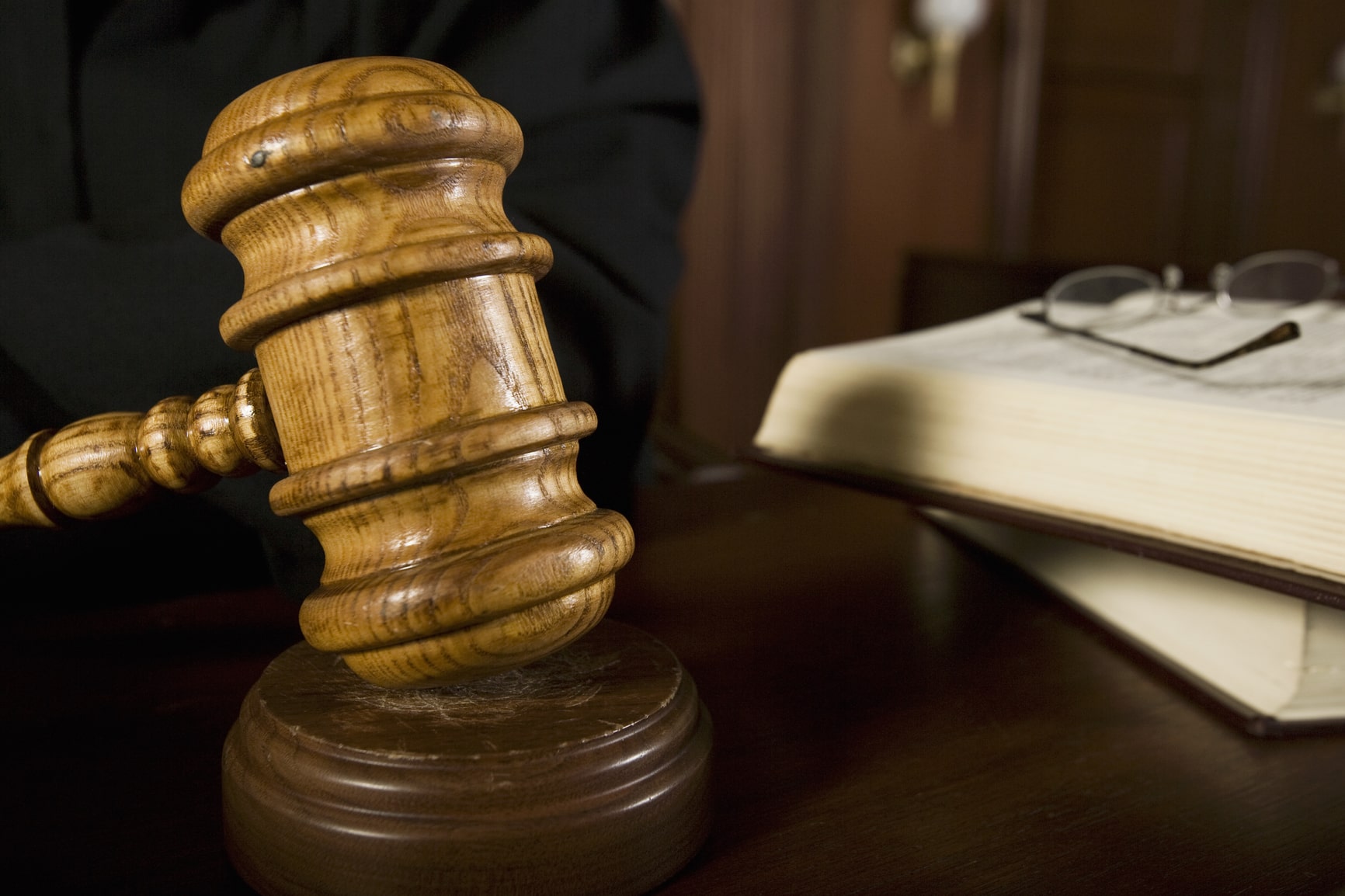Filing for Chapter 13 bankruptcy is a decision that comes with significant financial implications. While it can offer a pathway out of debt, it’s crucial to understand how it will affect your finances both in the short term and long term. Attorneys like our friends at Resolve Law Group can attest to the complex nature of this financial journey and the importance of informed decision-making.
1. Initial Effects On Your Finances
As soon as you file for Chapter 13 bankruptcy, an automatic stay goes into effect. This stay prevents creditors from pursuing collection actions, giving you immediate relief from harassing calls and letters. However, it’s important to recognize that this is just the beginning of a process that will significantly reshape your financial landscape.
2. Restructuring Your Debt
Chapter 13 bankruptcy involves the reorganization of your debts into a manageable repayment plan. Unlike Chapter 7, which liquidates assets to pay off debts, Chapter 13 allows you to keep your assets while making structured payments to creditors over a three to five-year period. Your repayment plan will be based on your income, living expenses, and the types of debt you owe. This plan needs to be approved by the court and will dictate your budget for the duration of the plan.
3. Impact On Credit Score
One of the most immediate impacts of filing for Chapter 13 is on your credit score. Bankruptcy typically causes a significant drop in your credit score. However, the extent of the impact varies depending on the individual’s credit status before filing. While this may sound daunting, it’s also an opportunity to rebuild your credit over time. Consistent payments under the repayment plan can demonstrate financial responsibility, gradually improving your credit score.
4. Budgeting And Financial Management
Under a Chapter 13 bankruptcy, adhering to a strict budget becomes a part of your financial reality. The court-approved repayment plan will allocate most of your disposable income to debt repayment. This stringent budgeting can actually be beneficial in the long run, as it fosters disciplined financial habits, like mindful spending and saving.
5. Long-Term Financial Planning
One of the advantages of Chapter 13 bankruptcy is the opportunity it provides for long-term financial planning. While you are under the repayment plan, you can start laying the groundwork for a more stable financial future. This includes learning to live within a budget, saving for emergencies, and planning for life after bankruptcy.
6. Discharge And Aftermath
Upon successful completion of the repayment plan, most of your remaining unsecured debts will be discharged. This means you are no longer legally obligated to pay them. The discharge offers a fresh start, but it’s crucial to maintain the good financial habits you developed during the repayment period. Post-bankruptcy, you’ll have a better understanding of managing finances, which is essential for avoiding future financial troubles.
Contact A Lawyer Today
Chapter 13 bankruptcy offers a way to deal with overwhelming debt while allowing you to keep your assets. It’s a process that requires commitment and a significant adjustment in how you handle your finances. The key is to stay informed, adhere to the repayment plan, and use your experience as a stepping stone to better financial health.
Remember, with the right approach and guidance, such as that offered by your Chapter 13 bankruptcy lawyer, this challenging period can lead to a more secure financial future.

